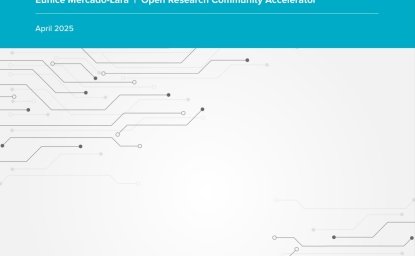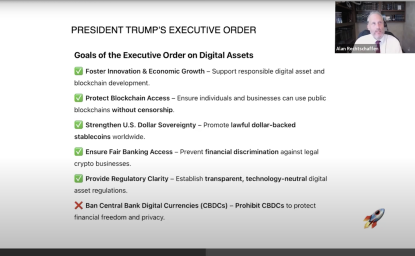E-commerce and information technology (IT) have been heralded as a source of dramatic and even inevitable environmental improvement. They have also been decried as energy hogs that will force society to “dig more coal.”
Emerging research, published in the prestigious Journal of Industrial Ecology, (and available for free in full text.), is beginning to move expert understanding beyond opposing assertions. This richer and more nuanced understanding suggests that:
- Seemingly small decisions—by consumers, manufacturers, or shipping companies—can have large effects, often shifting environmental impacts from desirable to undesirable or vice versa. For instance, the energy efficiency of using a digital library improves significantly with increasing usage of the on-line articles and declines if users must drive somewhere to gain access to the information. The greenhouse gas emission reductions from e-grocery home delivery depend highly on the choice of delivery vehicle (car, van, etc.) and fuel type.
- When positive effects from IT occur, such as reductions in pollution or energy use, they often fall in the range of 5-20 percent, not the four- or five-fold improvements that some have advocated (or hoped for).
- The diverse and complex use of information technologies makes unintended consequences and indirect impacts hard to predict, let alone analyze in any scientific sense. This is especially true when trying to predict how businesses and consumers might use increased time and productivity gains from the use of e-commerce and other information technology applications.
These insights emerge from a special issue of the Journal of Industrial Ecology on E-commerce, the Internet and the Environment. The Journal is a peer-reviewed international quarterly published by MIT Press and owned by Yale University.
Articles in the special issue analyze the environmental consequences of telecommuting and assess the transformation of the wholesale, warehouse and retail sectors of the economy by network technology. The environmental impact of conventional and electronic approaches to grocery shopping, book selling and scholarly journals are compared and the possibility of using product tags to improve recycling is explored. The research ranges from the U.S. to Germany, from Finland to Japan.
Upcoming Workshop at the Wilson Center
David Rejeski, Director of the Foresight and Governance Project at the Center served as the guest editor for the special issue. The Wilson Center, working in cooperation with Yale’s School of Forestry and Environmental Studies and Carnegie Mellon University, will host a workshop in early spring 2004 to present some of the research to a wider policy audience and develop a research agenda for this emerging area. Support for this workshop is being provided by the National Science Foundation.
Journalists, students, and representatives from developing countries or non-governmental organizations can request a print copy of the special issue by writing to indecol@yale.edu.
Related Links




